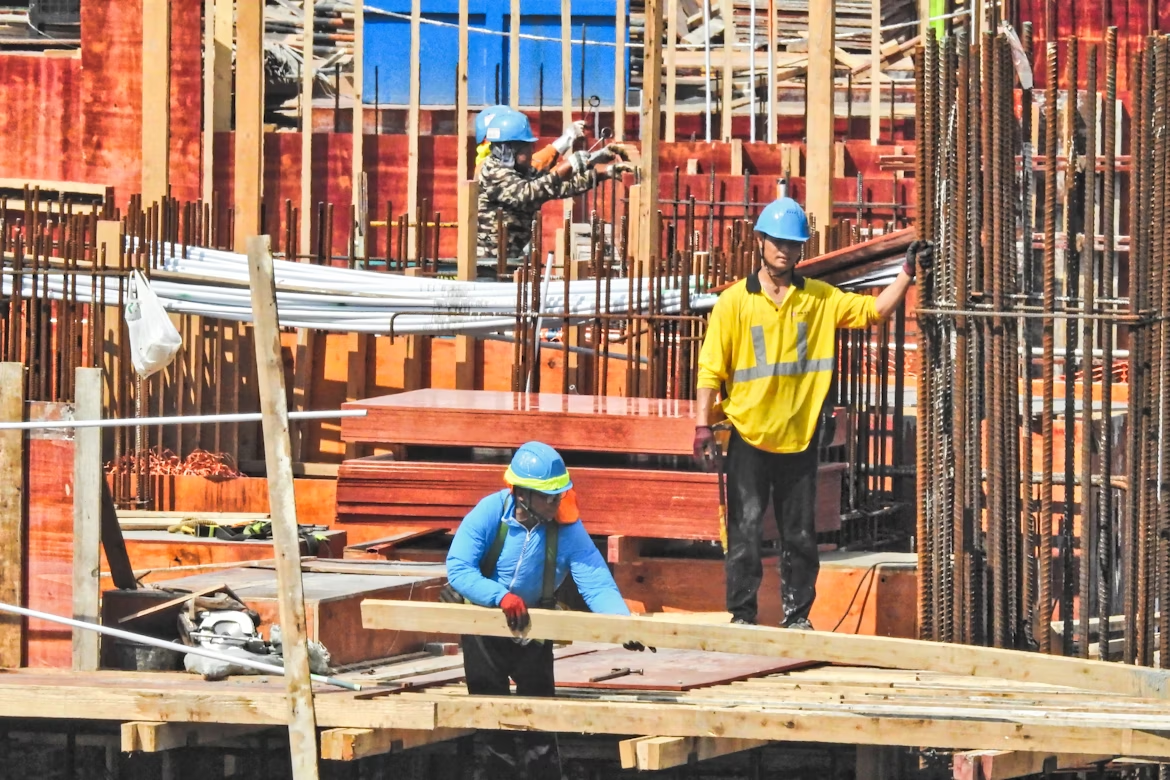
In the highly competitive world of design and construction, recognition for exceptional work plays a critical role in shaping the industry. Awards, honors, and professional accolades not only celebrate the achievements of individuals and teams but also serve as powerful motivators for innovation, quality, and collaboration. By acknowledging excellence, the industry sets benchmarks that inspire professionals to push boundaries, refine skills, and contribute to creating structures that are both functional and transformative.
Recognition as a Motivational Force
Recognition validates the effort, creativity, and expertise that designers, architects, engineers, and construction teams invest in their projects. Large-scale building initiatives often involve complex coordination, meticulous planning, and innovative problem-solving. Awards and honors serve as tangible acknowledgment of these accomplishments, boosting morale and instilling pride among team members.
When professionals feel their contributions are appreciated, they are more motivated to excel in future endeavors. Recognition fosters a sense of achievement, encourages professional growth, and reinforces commitment to high standards. Teams inspired by acknowledgment are more likely to embrace challenging projects and innovate beyond conventional solutions, ultimately elevating industry standards as a whole.
Driving Innovation and Creative Excellence
One of the most significant impacts of recognition in the design and construction industry is its ability to spur innovation. Award-winning projects frequently demonstrate originality, creative problem-solving, and the use of advanced technologies. By highlighting these successes, the industry encourages others to explore new approaches, materials, and design philosophies.
For instance, projects recognized for sustainable design practices inspire the adoption of environmentally conscious building methods across the sector. Similarly, accolades for innovative construction techniques encourage firms to experiment with efficiency-improving methods, cost-saving technologies, and enhanced safety measures. Recognition catalyzes continuous improvement, inspiring professionals to redefine the possibilities of what can be achieved in design and construction.
Enhancing Reputation and Market Opportunities
Recognition also offers tangible benefits in terms of reputation and business growth. Projects and teams that earn awards gain visibility in professional networks, publications, and industry events. This enhanced profile attracts clients, collaborators, and investors who seek quality, reliability, and innovation.
Construction firms benefit from a strong reputation for excellence, as awards differentiate them in a crowded marketplace. Clients are more likely to trust teams with proven track records of exceptional work, leading to increased project opportunities and long-term partnerships. Likewise, individual professionals can leverage recognition to advance careers, build credibility, and gain invitations to participate in influential industry forums.
Setting Standards and Promoting Best Practices
Recognition plays a crucial role in establishing and reinforcing industry standards. Award programs typically assess projects based on criteria such as design quality, structural integrity, sustainability, and innovation. Aspiring to meet these standards ensures that professionals consistently deliver high-quality outcomes.
Moreover, celebrated projects often serve as learning tools for the industry. They provide examples of effective planning, innovative materials, advanced construction techniques, and efficient project management strategies. Emerging professionals gain insight into what constitutes excellence, while seasoned practitioners are encouraged to refine their practices. Over time, recognition fosters a culture of accountability, quality, and continuous improvement across the design and construction sector.
Impacting Communities and Promoting Social Responsibility
Excellence in design and construction extends beyond aesthetics and technical achievement; it also encompasses social responsibility. Projects that prioritize accessibility, inclusivity, and environmental stewardship frequently receive recognition for their broader impact. Such awards highlight the importance of designing spaces that serve communities and address societal needs.
By honoring projects with positive social impact, the industry encourages firms to integrate community-focused design, sustainable materials, and thoughtful urban planning into their work. Recognition reinforces the idea that design and construction are not merely about creating structures but about shaping environments that improve the quality of life and support sustainable development.
Fostering Collaboration and Professional Unity
Recognition strengthens collaboration among the diverse teams involved in design and construction. Architects, engineers, contractors, and project managers must work together to achieve excellence. Awards emphasize the collective effort required to deliver exceptional projects, promoting knowledge sharing and a collaborative culture.
Collaboration fueled by recognition encourages professionals to tackle complex challenges creatively and efficiently. It fosters a supportive environment in which innovation thrives, ensuring that projects benefit from the combined expertise and insights of all contributors. This approach yields higher-quality outcomes, enhanced client satisfaction, and enduring professional relationships.
Recognition as a Driver of Industry Excellence
Recognition in the design and construction industry is far more than symbolic—it is a strategic driver that elevates the entire sector. By motivating professionals, promoting innovation, enhancing reputation, establishing best practices, and emphasizing social responsibility, awards and accolades create a culture of excellence.
Celebrating outstanding achievements inspires individuals and organizations to pursue higher standards, experiment with innovative solutions, and collaborate more effectively. It encourages the industry to evolve continually, delivering projects that are not only structurally sound and visually compelling but also socially responsible and environmentally sustainable.
Ultimately, recognition catalyzes progress. By honoring excellence, the design and construction industry reinforces its commitment to quality, innovation, and community impact, ensuring a built environment that meets the needs of today while shaping a better tomorrow.